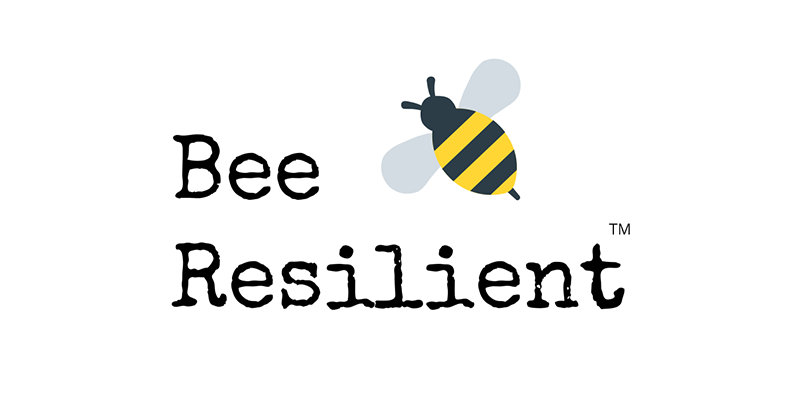What’s with the Bee Metaphor?
You probably don’t need telling that bees are amazing creatures. Sadly, it’s not true that they shouldn’t be able to fly – this popular myth has been debunked by recent research. However, the bee continues to be a source of fascination.
The metaphor of the bee and the beehive has been with us for millennia. Bees are renowned not only for their work rate (‘busy as a bee’) but also their social organisation and ability to cope with threats and adverse circumstances. If a Queen Bee dies, the rest of the hive pull together to create a new substitute Queen by changing the feeding pattern of the larvae under their care within hours. They have a remarkable sense of direction and are able to communicate with each other about the location of blooming flowers by dancing (the famous ‘waggle dance’). They carry nectar on their legs and bodies that can equal half their own body weight and after collecting the nectar return to flowers to pollinate them. This is a lesson in sustainability when the bees ‘give back’ for what they have taken.

Beyond the benefit they bring to humans through the pollination of plants and the creation of honey (a ‘super food’ that has untold properties from being a natural antibiotic to including a wide range of enzymes, vitamins and minerals), bees offer a model of organisation and cooperation that has been held up throughout history as a model for humans. The image of a community of honey bees has been used by greats such as Plato, Aristotle, Virgil, Seneca, Erasmus, Shakespeare and Tolstoy.
We follow in their footsteps by using the metaphor of bees for our work. And if you investigate what we do you, you will discover that research shows the skilled use of metaphor, myth and storytelling is extremely important for resilience. Our work is based on the latest scientific research into resilience including findings from positive psychology.
Positive psychology is the study of the positive aspects of human nature such as well-being, happiness and flourishing. In the words of its founder Martin Seligman it is the: “scientific study of optimal human functioning [that] aims to discover and promote the factors that allow individuals and communities to thrive”.
Bringing the well-researched principles of positive psychology to modern organisational problems such as productivity and risk management has a profound impact on the effectiveness of both individuals and organisations. Often the issues that seem insoluble find their roots in the thinking and emotions of the people.
Positive psychology offers a radical new approach. By focusing on what makes people happy and what contributes to their well-being and flourishing, people want to learn and practice what is on offer.
Once they see the result for themselves it is remarkable how quickly the new ways take root. The reduction in stress levels and the improvement in relationships and cooperation means a culture can be transformed. And funnily enough, it also massively decreases the risk factors by increasing in transparency and responsibility. In other words, we become properly resilient.
Get in Contact
If you’d like to know more about Bee Resilient or the services we offer, please get in contact.
